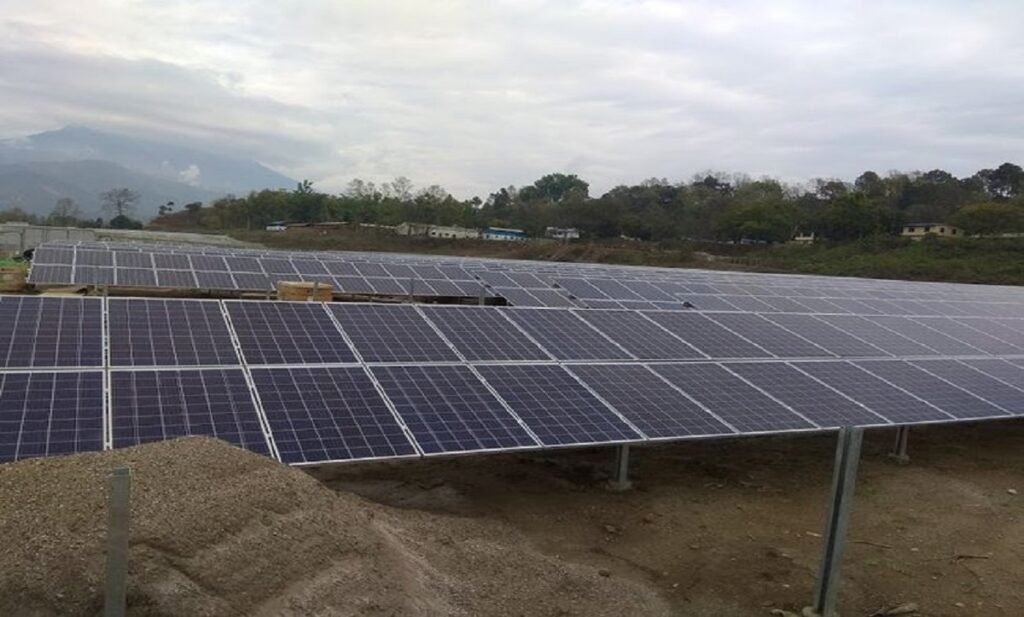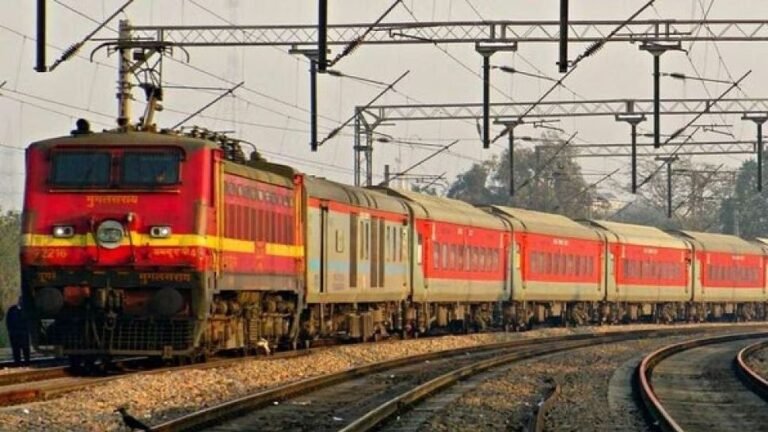
A coalition of government agencies, researchers, and development partners is exploring renewable energy-powered irrigation systems to tackle food insecurity, rural joblessness, and climate vulnerability in the Philippines, with pilots in Paro and Punakha. A solar-powered irrigation system in Bhutan has been successful in Paro, addressing limited water availability and reducing labor shortages. Farmers manage the system, partnering with Bhutan Power Corporation, to export surplus electricity. On the other hand, lift irrigation driven by renewable energy provides a more affordable, eco-friendly, and year-round water supply. There is a great deal of potential to scale up such systems to irrigate over 60,000 acres of land, produce over 118 megawatts of renewable energy, create 14,000 jobs, and prevent over 68,000 tonnes of CO emissions annually, according to a landscape assessment carried out as part of the WERELIS project.
The project aims to advance renewable energy-powered irrigation systems, addressing gender-inclusive challenges and promoting gender-inclusive decision-making through initiatives like the Landscape Assessment Report and Multi-Criteria Assessment Framework. The PURE Platform, an online geospatial tool, and the Gangri solar-powered lift irrigation system have been launched to identify irrigation potential. Successful scale-up requires coordination across ministries, local governments, CSOs, and the private sector. Renewable irrigation has potential for creating green jobs and entrepreneurship. Access to affordable financing remains a challenge, but long-term savings and grid-connected revenue make the systems economically viable.



